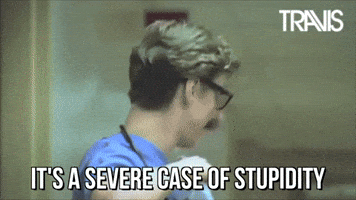You're an ignorant shill.And yet they have vaccines in Europe...
https://scholarlycommons.law.emory.edu/cgi/viewcontent.cgi?article=1056&;;context=elj
In June 2017, the Court of Justice of the European Union (ECJ) provided guidance in a vaccine injury case that strikes a remarkably different balance. In E.U. countries, an injured person has the right to seek compensation in civil court and to allege that a vaccine is unreasonably dangerous or defective. The ECJ held that an injured party may bring “serious, specific and consistent evidence,” and can prevail if this evidence shows that the vaccine is “the most plausible explanation for the occurrence of the damage.”3 The plaintiff can assert this claim even if a scientific consensus that a vaccine can cause the alleged injury does not yet exist.
While some contend that this ECJ decision opens the floodgates to litigation, scholarly commentary disfavors this view. Empirical work indicates that leaving courthouse doors open elevates vaccine safety. While access to courts for vaccine injury in the United States is essentially closed, it is more open in Europe; accordingly, the ways in which developing countries proceed is at stake.
The U.S.-based Bill and Melinda Gates Foundation and other majorinter governmental, governmental, and private-sector actors have joined together recently to create a vaccine fund to respond to potential epidemic disease threats on a global basis. The new fund, the Coalition for Epidemic Preparedness Innovations (CEPI), has stated that it seeks to create liability protection and compensation mechanisms based on the U.S. model for vaccine liability. CEPI’s intent to export the U.S. model warrants serious consideration and caution.
- The EU's Product Liability Directive (1985) does hold manufacturers liable for defective products, including vaccines, if the defect can be proven. However, in cases where governments agree to indemnify manufacturers, this liability can shift to the state or a third party. For COVID-19 vaccines, several EU countries agreed to indemnification arrangements, which protected vaccine companies from direct liability related to unexpected adverse effects as part of expedited production and distribution.
- During the COVID-19 pandemic, EU member states implemented indemnity agreements as part of vaccine procurement contracts with companies like Pfizer-BioNTech, Moderna, and AstraZeneca. Under these agreements, member states assumed some responsibility for compensation claims related to vaccine side effects. These agreements were negotiated to accelerate vaccine distribution during the health crisis.
